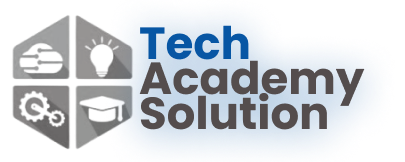Frontend Engineering
Let’s help you become a professional Fullstack web developer. You’ll learn all you need to know to become a Frontend Developer and build interesting portfolios while learning the fundamentals of HTML, CSS, JavaScript, React, Mongo DB, Express and hosting on Vercel.
Next Cohort Starts:
November 1st, 2025
Tuition Fee: N150,000
Class Mode: Online/Virtual Training
Defend the digital world your skills are in demand.
Our Process

You’ll explore the realm of digital threats and defense mechanisms. Starting with foundational cybersecurity knowledge, you’ll cover essential terminology, concepts, and practices vital for securing digital systems.

You’ll explore the realm of digital threats and defense mechanisms. Starting with foundational cybersecurity knowledge, you’ll cover essential terminology, concepts, and practices vital for securing digital systems.

You’ll explore the realm of digital threats and defense mechanisms. Starting with foundational cybersecurity knowledge, you’ll cover essential terminology, concepts, and practices vital for securing digital systems.
Modules
Introduction To HTML And CSS
This unit provides a solid foundation in web development, covering both HTML and CSS. Students will learn how to create well-structured HTML documents using tags, elements, and attributes. They will also explore CSS syntax and style rules to customize the appearance of web pages. Topics include text styling, backgrounds, borders, and images. Additionally, students will discover CSS layout techniques, such as floats and CSS grid, to create different page layouts. They will also explore Bootstrap, utilizing its pre-built components and responsive grid system for attractive and mobile-friendly layouts. Practical exercises reinforce learning.

Modules
Java Script Basic
Throughout the course of this unit, students will embark on a journey into the fundamentals of JavaScript, unlocking the potential to create engaging and interactive web experiences. By delving into the core concepts and syntax of JavaScript, students will gain a comprehensive understanding of how to leverage this powerful programming language to build dynamic and responsive web pages. They will explore topics such as variables, data types, conditional statements, loops, functions, arrays, objects, and DOM manipulation.

Modules
Object-Oriented JavaScript
Object-oriented JavaScript is a programming paradigm that focuses on organizing code into objects, which encapsulate data and methods. It provides a way to create reusable and modular code, making it easier to manage and maintain complex applications. In object-oriented JavaScript, students will learn how to create objects, define their properties and methods, and establish relationships between objects through inheritance. They will explore concepts such as encapsulation, where data and methods are bundled together within objects to control access and ensure data integrity.
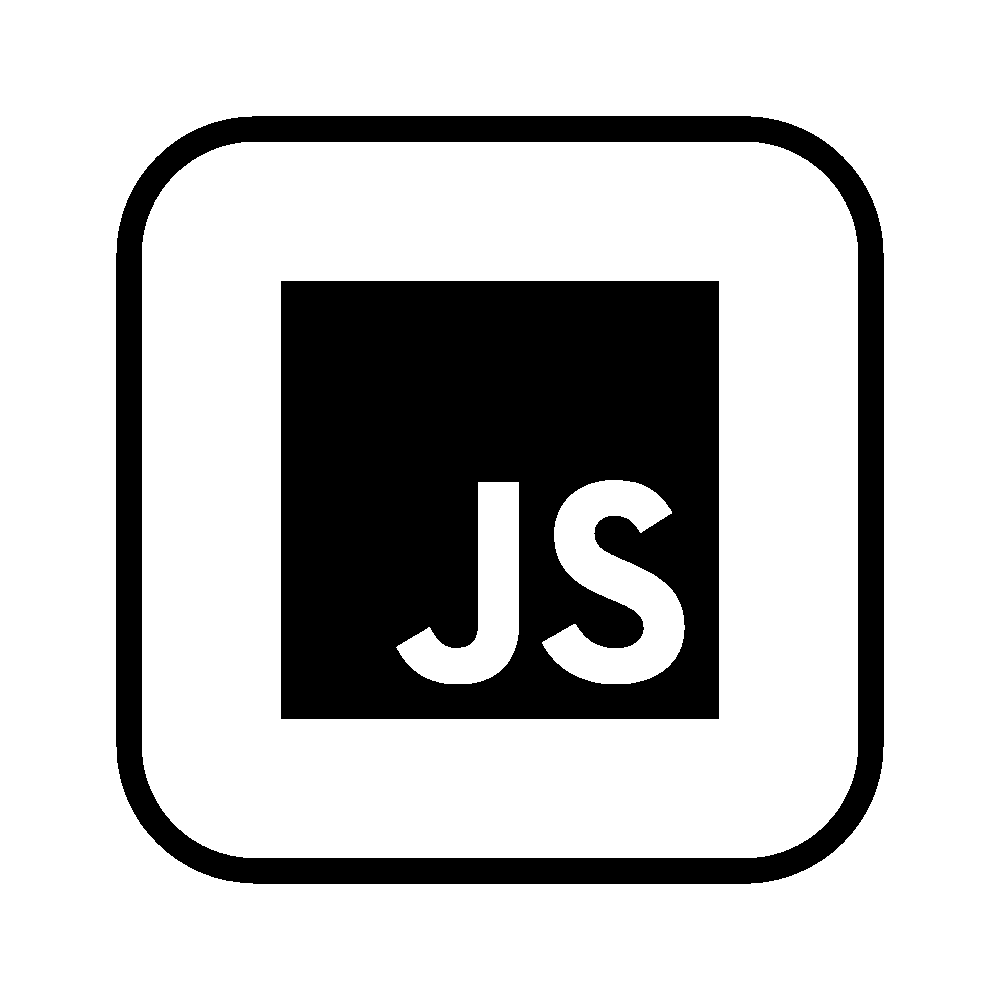
Modules
The DOM
We dives into the exploration of the Document Object Model (DOM), an essential API for interacting programmatically with HTML and XML documents. The unit focuses on the DOM’s association with JavaScript, the widely used programming language for web development, known for its built-in support for the DOM. Students learn how to leverage the DOM to manipulate and interact with web content dynamically.
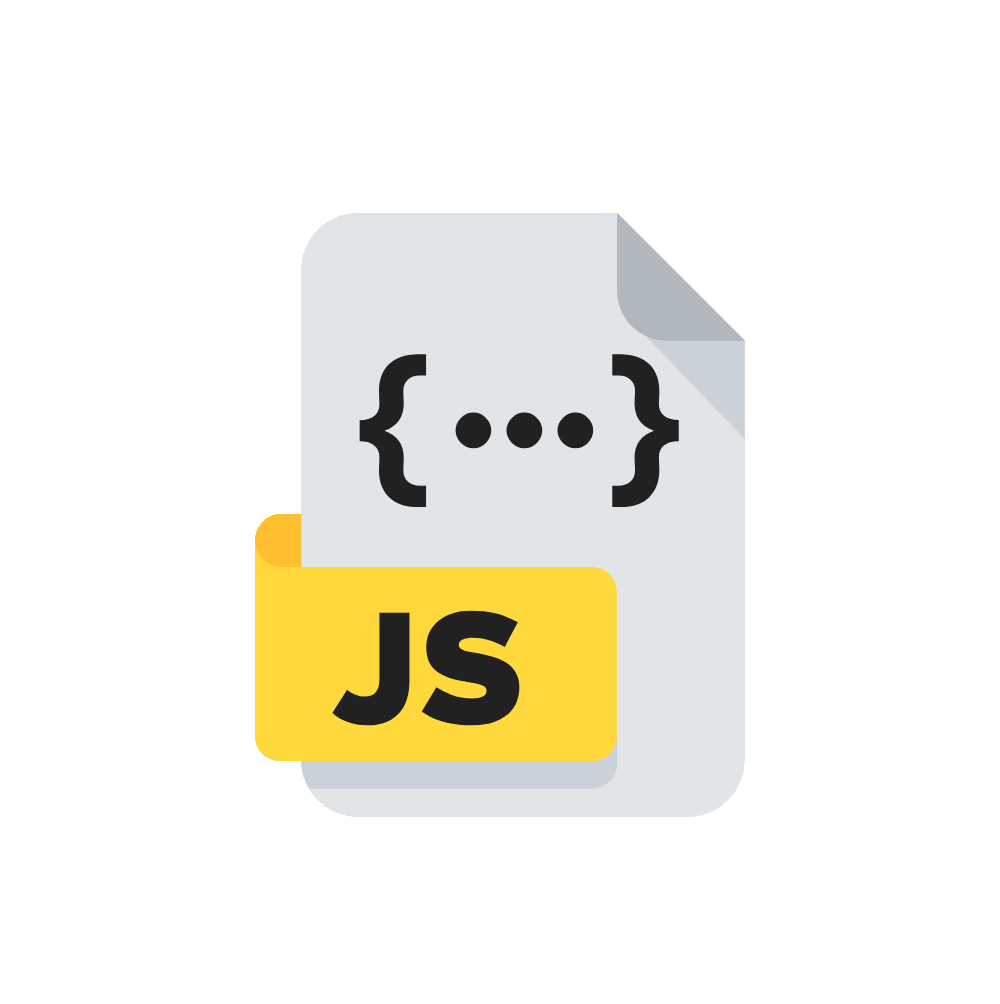
Modules
The REACT Library
Unit 5 focuses on the popular JavaScript library, React, known for its ability to create powerful and interactive user interfaces. React has gained immense popularity due to its component-based architecture, which allows developers to build reusable UI components that encapsulate specific functionalities. By breaking down the user interface into modular components, React promotes code reusability, improves maintainability, and facilitates collaborative development.

Modules
Version Control
This Unit of the curriculum explores the importance of version control systems, with a particular focus on Git. Version control systems like Git play a crucial role in managing code changes over time. They provide a structured framework for tracking modifications, maintaining a comprehensive history of changes, and facilitating collaborative development by enabling multiple developers to work on the same codebase simultaneously.

Modules
Deployment
In this comprehensive unit, students delve into the art of deploying web applications using three prominent platforms: GitHub, Netlify, and Heroku. They gain hands-on experience in version control, automation, and best practices for production environments. Throughout the curriculum, students learn to optimize deployments, scale applications, and ensure efficient error handling. By mastering these skills, they become proficient in successfully deploying web apps to meet the demands of real-world scenarios.
.gif&w=640&q=75)
LIFE AFTER TRAINING
Where Our Graduates Work
Our talented graduates flourish in leading companies across the globe, making significant contributions to both their personal growth and the organizations they serve. They work in industries ranging from Information technology to Telecommunication, and more.

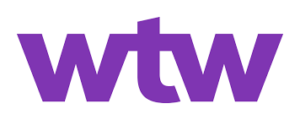
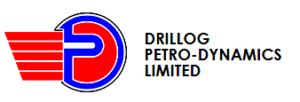



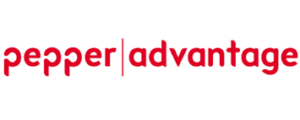
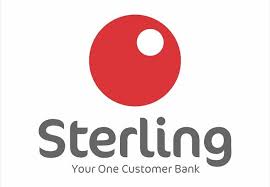

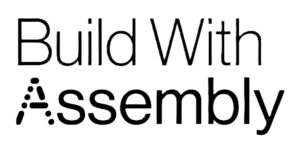
Sign in
Sign up
TechAcademy Solution
Typically replies within minutes
Any questions related to Frontend Engineering?
WhatsApp Us
🟢 Online | Privacy policy
WhatsApp us
